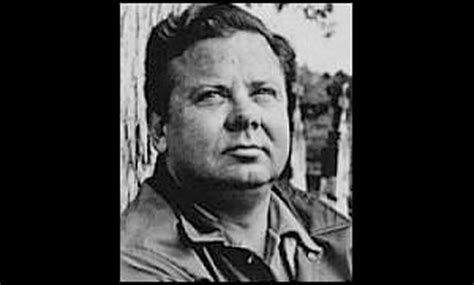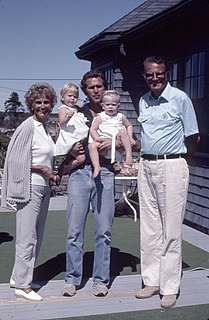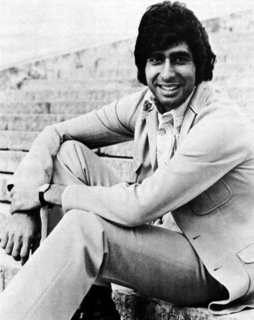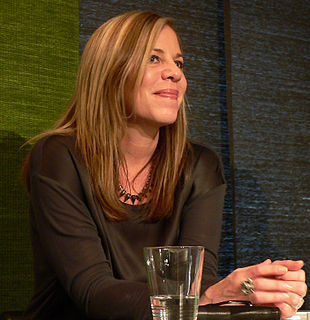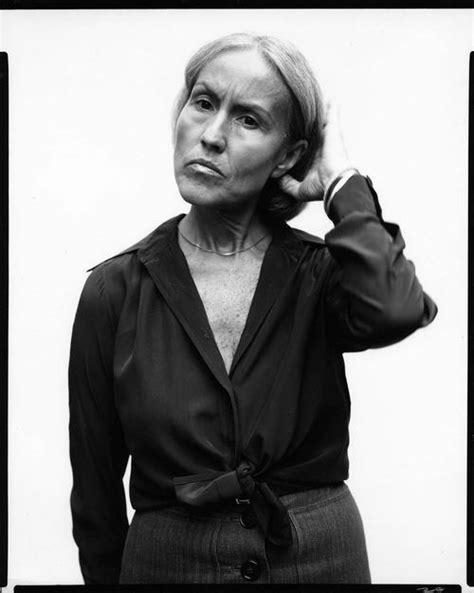A Quote by Willie Morris
I came across a photograph of him not long ago... his black face, the long snout sniffing at something in the air, his tail straight and pointing, his eyes flashing in some momentary excitement. Looking at a faded photograph taken more than forty years before, even as a grown man, I would admit I still missed him.
Related Quotes
I'd once been fascinated by his legend - all the stories I'd heard before I met him. Now I can feel that same sense of fascination returning. I picture his face, so beautiful even after pain and torture and grief, his blue eyes bright and sincere. I'm ashamed to admit that I enjoyed my brief time with him in his prison cell. His voice can make me forget about all the details running through my mind, bringing with it emotions of desire, or fear instead, sometimes even anger, but always triggering something. Something that wasn't there before.
A prisoner lived in solitary confinement for years. He saw and spoke to no one and his meals were served through an opening in the wall. One day an ant came into his cell. The man contemplated it in fascination as it crawled around the room. He held it in the palm of his hand the better to observe it, gave it a grain or two, and kept it under his tin cup at night. One day it suddenly struck him that it had taken him ten long years of solitary confinement to open his eyes to the loveliness of an ant.
When a man sought knowledge, it would not be long before it could be seen in his humbleness, his sight, upon his tongue and his hands, in his prayer, in his speech and in his disinterest (zuhd) in worldly allurements. And a man would acquire a portion of knowledge and put it into practice, and it would be better for him than the world and all it contains - if he owned it he would give it in exchange for the hereafter.
Dear God, I prayed, all unafraid (as we're inclined to do), I do not need a handsome man but let him be like You; I do not need one big and strong nor yet so very tall, nor need he be some genius, or wealthy, Lord, at all; but let his head be high, dear God, and let his eye be clear, his shoulders straight, whate'er his state, whate'er his earthly sphere; and let his face have character, a ruggedness if soul, and let his whole life show, dear God, a singleness of goal; then when he comes (as he will come) with quiet eyes aglow, I'll understand that he's the man I prayed for long ago.
So it ends as I guessed it would,' his thoughts said, even as it fluttered away; and it laughed a little within him ere it fled, almost gay it seemed to be casting off all doubt and care and fear. And even as it winged away into forgetfulness it heard voices, and they seemed to be crying in some forgotten world far above: 'The eagles are coming! The eagles are coming!' For one moment more Pippin's thought hovered. "Bilbo! But no! That came in his tale, long long ago. This is my tale, and it ended now. Good-bye!' And his thought fled far away and his eyes saw no more.
Between two fantasy alternatives, that Holbein the Younger had lived long enough to have painted Shakespeare or that a prototype of the camera had been invented early enough to have photographed him, most Bardolators would choose the photograph. This is not just because it would presumably show what Shakespeare really looked like, for even if the photograph were faded, barely legible, a brownish shadow, we would probably still prefer it to another glorious Holbein. Having a photograph of Shakespeare would be like having a nail from the True Cross.
If idioms are more to be born than to be selected, then the things of life and human nature that a man has grown up with--(not that one man's experience is better than another's, but that it is 'his.')--may give him something better in his substance and manner than an over-long period of superimposed idiomatic education which quite likely doesn't fit his constitution. My father used to say, 'If a poet knows more about a horse than he does about heaven, he might better stick to the horse, and some day the horse may carry him into heaven'
What a man does, that he has. What has he to do with hope or fear? In himself is his might. Let him regard no good as solid but that which is in his nature, and which must grow out of him as long as he exists. The goods of fortune may come and go like summer leaves; let him scatter them on every wind as the momentary signs of his infinite productiveness.
I remember the day before my dad died, I was in a hospital room with him, and he had lived a long life. He was 94, and I helped him get up, and there were two windows separated by the partition. I took him to the first window, and he kind of found his way to the second window, and on the way there was a mirror, and he looked into it, and I saw through the corner of my eye, I remember the look on his face. What came over his face was "So I'm here. I've crossed that bridge."
He loved me. He'd loved me as long as he he'd known me! I hadn't loved him as long perhaps, but now I loved him equally well, or better. I loved his laugh, his handwriting, his steady gaze, his honorableness, his freckles, his appreciation of my jokes, his hands, his determination that I should know the worst of him. And, most of all, shameful though it might be, I loved his love for me.
Steven Meisel is completely consumed with what interests him. He does what he wants to do, and when something doesn't interest him, he's not afraid to say so. I think that's why you don't see his work all over the place as often as you might like to. Today he only photographs what he wants to photograph, what turns him on. He has an extraordinary eye, and his sophistication is limitless. This is a man who doesn't miss a beat.
And he arose and came to his father. But while he was still a long way off, his father saw him and felt compassion, and ran and embraced him and kissed him. And the son said to him, 'Father, I have sinned against heaven and before you. I am no longer worthy to be called your son. But the father said to his servants, 'Bring quickly the best robe, and put it on him, and put a ring on his hand, and shoes on his feet. And bring the fattened calf and kill it, and cet us eat and celebrate. For this my son was dead, and is alive again; he was lost, and is found.' And they began to celebrate.
